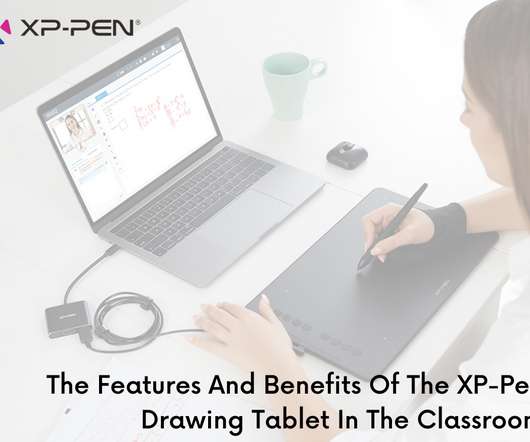EdTech Acronyms Explained
EdTech4Beginners
APRIL 2, 2017
BYOD – Bring Your Own Device. FC – Flipped Classroom ( click here for my guide to flipping lessons ). FL – Flipped Learning ( click here for my guide to flipping lessons ). MLD – Mobile Learning Devices. MLearning – Mobile Learning. Windows, Android). AUP – Acceptable Use Policy.















Let's personalize your content